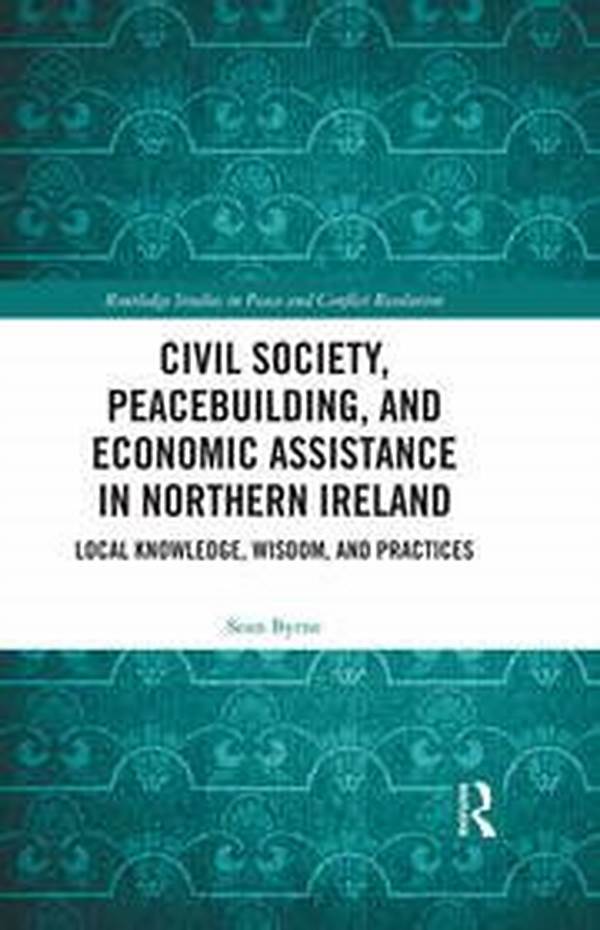The role of civil society in peacebuilding has garnered substantial attention in recent years as scholars and practitioners alike acknowledge its potential in fostering sustainable peace. Civil society organizations (CSOs) operate across various domains, contributing significantly to peacebuilding processes. These organizations, which include non-governmental organizations, community groups, professional associations, and other grassroots actors, act as mediators between the state and the community. They promote dialogue, advocate for human rights, and ensure that peace agreements are inclusive and attend to the needs of all parties involved. Civil society in peacebuilding is crucial for creating functional and long-lasting peace by bridging gaps between formal peace processes and community-level needs.
The Impact of Civil Society in Peacebuilding
Civil society’s involvement in peacebuilding typically manifests through diverse initiatives aimed at strengthening the social fabric of conflict-affected communities. Firstly, CSOs serve as platforms for dialogue and reconciliation, providing spaces where conflicting parties can engage constructively. Secondly, they often engage in monitoring peace agreements, holding stakeholders accountable to their commitments. Thirdly, civil society organizations educate communities about the importance of peace and tolerance, thus laying the groundwork for behavioral change and conflict prevention. Fourthly, they mobilize resources and implement developmental projects addressing the root causes of conflict, such as poverty and inequality. Finally, civil society serves as a watchdog, ensuring that governmental and international actors adhere to democratic principles and human rights standards.
Challenges Faced by Civil Society in Peacebuilding
Despite their substantial contributions, civil society organizations face numerous challenges in their peacebuilding efforts. These include inadequate funding, which restricts their ability to sustain long-term initiatives and limits their operational effectiveness. Moreover, many CSOs encounter resistance from political elites who view them as threats to their power. In regions with ongoing conflict, security risks endanger the personnel involved in peacebuilding efforts. Additionally, civil society organizations often contend with limited access to decision-making processes, hindering their ability to influence peace agreements meaningfully. Finally, a lack of coordination among various CSOs can lead to fragmented approaches, reducing the overall impact of civil society in peacebuilding.
Key Strategies for Enhancing Civil Society in Peacebuilding
A strong civil society is pivotal in transitioning from conflict to peace. First, emphasizing capacity building equips CSOs with skills and resources necessary for effective operations. Second, fostering collaboration between civil society organizations and governmental entities ensures cohesive action plans aimed at sustainable peace. Third, facilitating regional and international networks allows for sharing best practices, expanding the impact of localized efforts. Fourth, leveraging technology enhances communication, data collection, and dissemination essential for contemporary peacebuilding. Lastly, promoting inclusivity ensures that initiatives address diverse voices, particularly marginalized groups, thereby reflecting the community’s comprehensive needs in peace processes.
The Role of Civil Society in Promoting Social Cohesion
Civil society in peacebuilding plays an instrumental role in fostering social cohesion within conflict-affected contexts. Organizations operate by advocating for inclusivity, thus ensuring that marginalized voices are heard in peace processes. By promoting dialogue and mutual understanding, civil society contributes to eradicating societal divides. Additionally, these organizations facilitate community-driven initiatives that address root causes of conflict, such as socioeconomic disparities. By focusing on empowerment and capacity building, civil society empowers communities to take charge of their destinies, thus fostering resilience against future conflicts. Overall, civil society acts as a catalyst for social cohesion and sustainable peace.
Enhancing the Effectiveness of Civil Society in Peacebuilding
To enhance the effectiveness of civil society in peacebuilding, several measures are paramount. Strengthening partnerships between civil society and state actors ensures a whole-of-society approach to peacebuilding. Investing in capacity development equips organizations with necessary skills and knowledge. Additionally, creating an enabling environment—free from political interference and violence—allows CSOs to function optimally. Furthermore, fostering accountability mechanisms ensures transparency within civil society organizations, thereby enhancing their legitimacy and trust. Finally, engaging youth and women in peacebuilding initiatives harnesses the potential of these groups, thus ensuring a diverse and inclusive approach to civil society in peacebuilding.
Building Resilience through Civil Society in Peacebuilding
The contributions of civil society in peacebuilding are fundamental in building resilience within communities. By advocating for human rights and promoting social justice, CSOs fortify the protective factors against conflict recurrence. Community education initiatives raise awareness, equipping individuals with conflict-resolution skills. Moreover, civil society supports local economic development, which alleviates poverty and reduces vulnerabilities. By embedding peace education in schools, civil society imparts values of tolerance and coexistence to younger generations. Lastly, these organizations champion participatory governance, creating a sense of ownership, and empowering communities to navigate challenges, thereby fostering resilience in the face of adversity.
Summary
Civil society in peacebuilding emerges as a cornerstone for establishing enduring peace in conflict-affected regions. Their involvement ensures that peace processes are inclusive and responsive to community needs. By providing platforms for dialogue, promoting inclusivity, and ensuring adherence to human rights standards, civil society organizations drive significant change. Addressing challenges such as funding limitations, political resistance, and security threats is vital in enhancing their effectiveness. Through capacity building, collaboration, and inclusion of marginalized voices, civil society continues to be a crucial player in the peacebuilding landscape. Their efforts in promoting social cohesion, resilience, and sustainable development reinforce the substantive role of civil society in peacebuilding, offering hope for a harmonious future.





